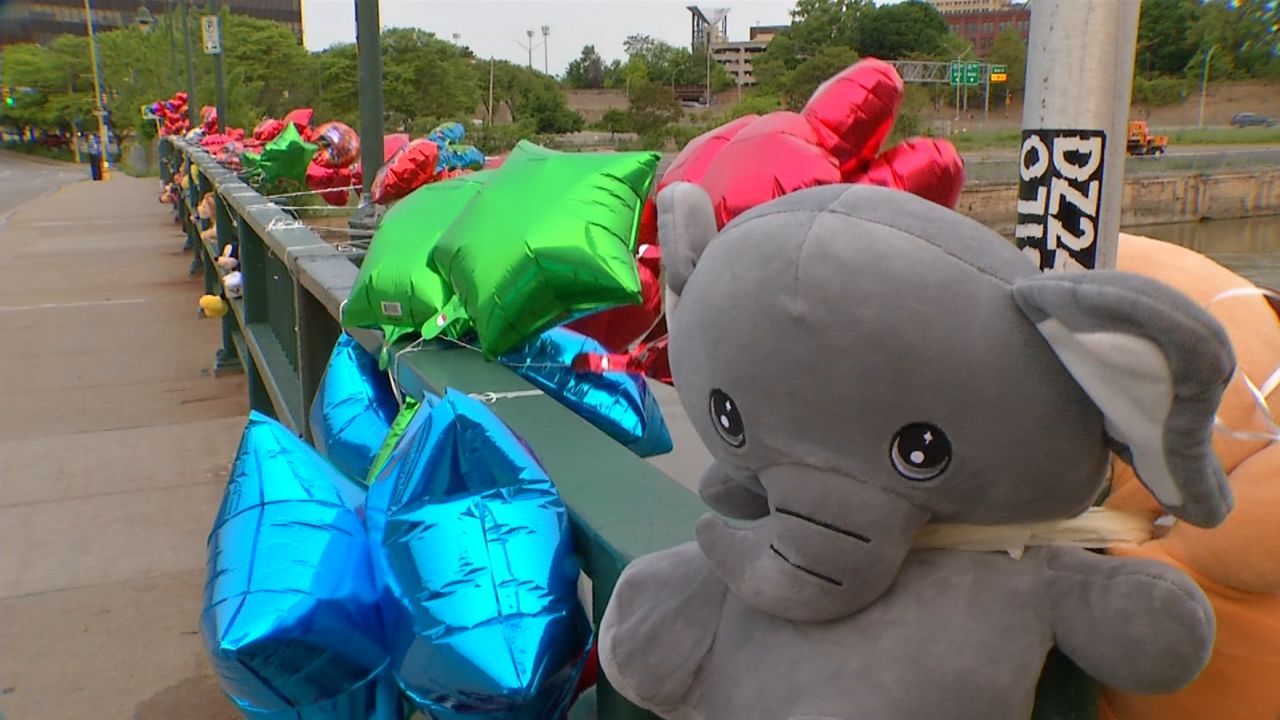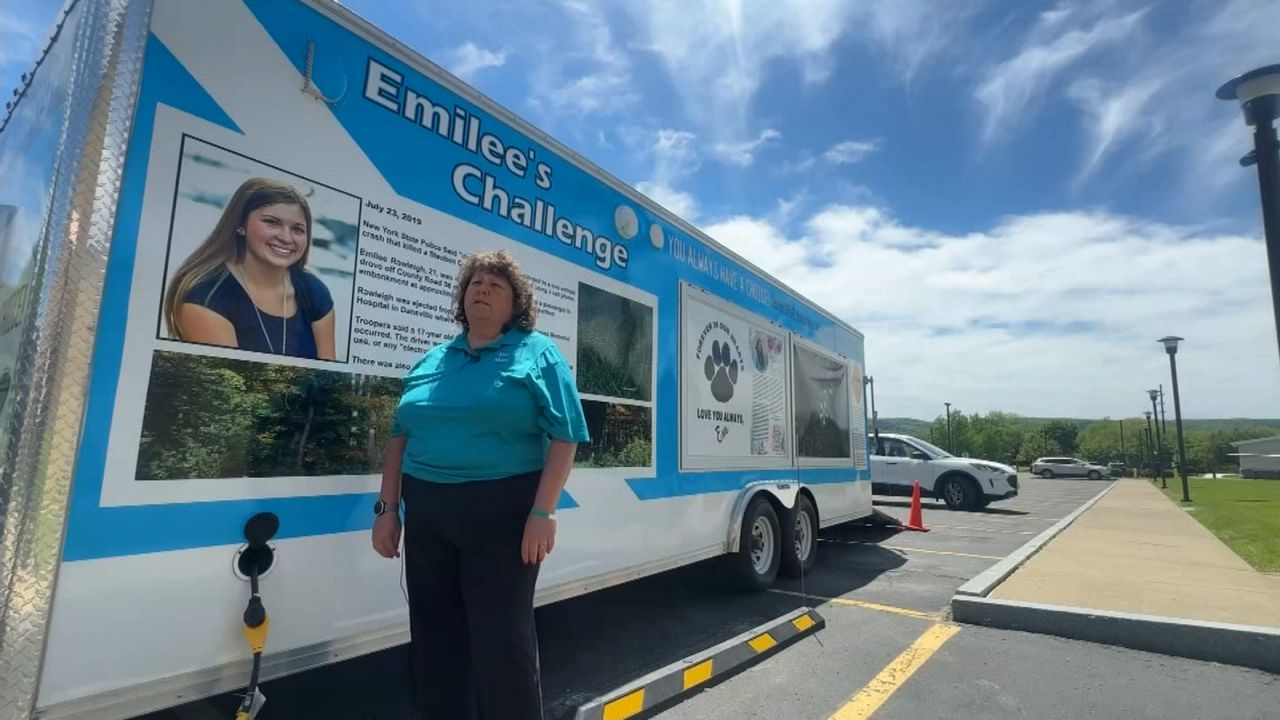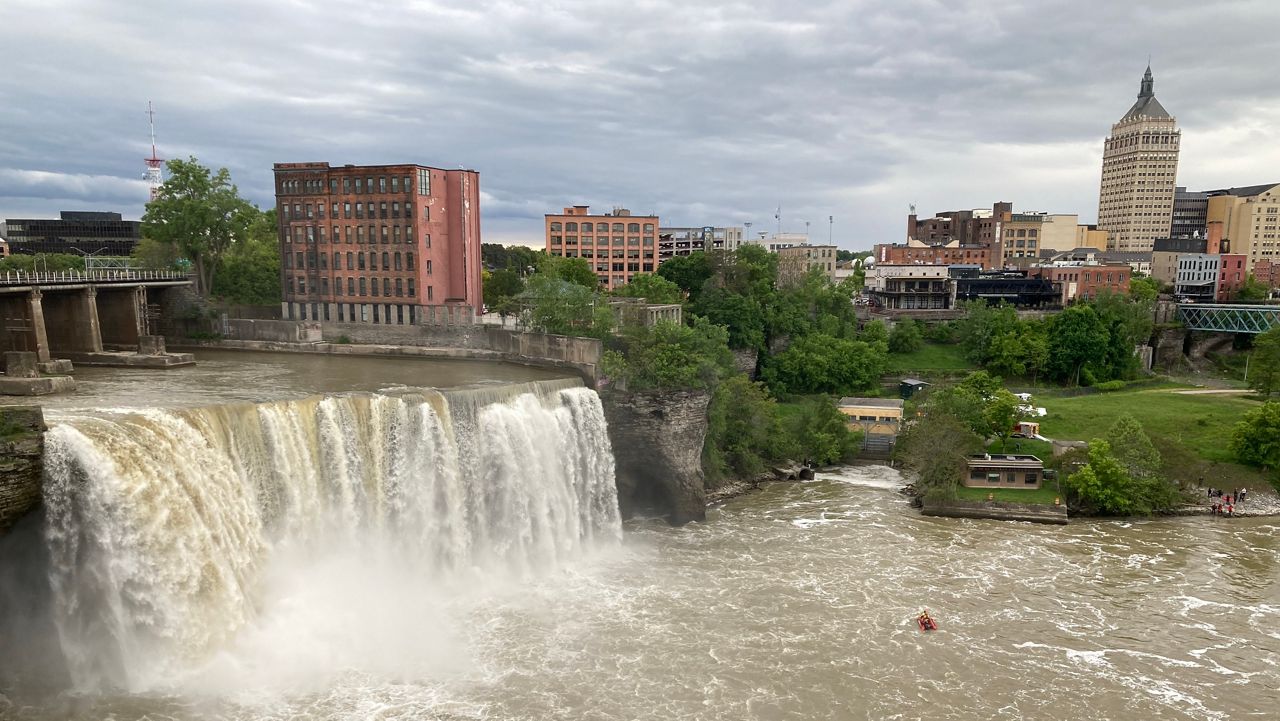Despite the rain parts of Saturday, extreme heat this weekend is top of mind for area firefighters.
“It’s very tough. When the conditions are very warm or very cold, that’s when we can have some life threatening emergencies and we have to know what we’re getting into,” said Joseph Manuse with the Gates Fire District.
And Manuse says a house fire they battled Friday was a prime example.
“We have to take some precautions. Yesterday we had a fire, the temperature conditions were very high,” Manuse said.
He says they used rotating crews with neighboring companies to let the firefighters cool down, and had E.M.S. there monitoring vitals — common practice in hot conditions.
“Their blood pressures are taken, their pulse is taken," Manuse said. "And they’re required to hydrate, get some cold fluids in them.”
Lieutenant Bill Mohrman says the Henrietta Fire District operates in a similar fashion. He says heat emergencies are the primary concern.
“As firefighters especially, you need to know the signs of heat stroke, heat exhaustion, and try to recognize those signs before things get too bad," Mohrman said.
Add 80 to 100 pounds of equipment.
“Our gear is like wearing your winter parka to go snow skiing, but it’s 90 degrees out,” Mohrman said.
With that, a burning structure, and a hot day, it can become dangerous fast.
“Our body temperatures are at about 98.6 degrees. There’s not a lot of area where you can vary from that temperature," Manuse said. "So if it starts to increase rapidly, you’re going to start running into heat-related emergencies.”
Eating right, hydrating, and avoiding caffeine are all ways firefighters prepare for these conditions — which both men say are tips anyone should follow if they plan to be out in the heat.
“If you’re working in the yard when it’s hot like this, lots of fluids," Mohrman said. "If you feel sick, nauseous, it’s time to stop, time to take a break. Get somewhere where it’s cool.”
In the business of public safety, that extends to their own firefighters as well.
“We don’t want to hurt anybody. Our main responsibility is to the citizens of our community, but if we get hurt, we’re sick, or have to go to the hospital, that just takes one more person away from the emergency," Manuse said. "And we have to obviously use more resources to not only deal with the emergency on hand, but also the firefighter that’s been injured.”










